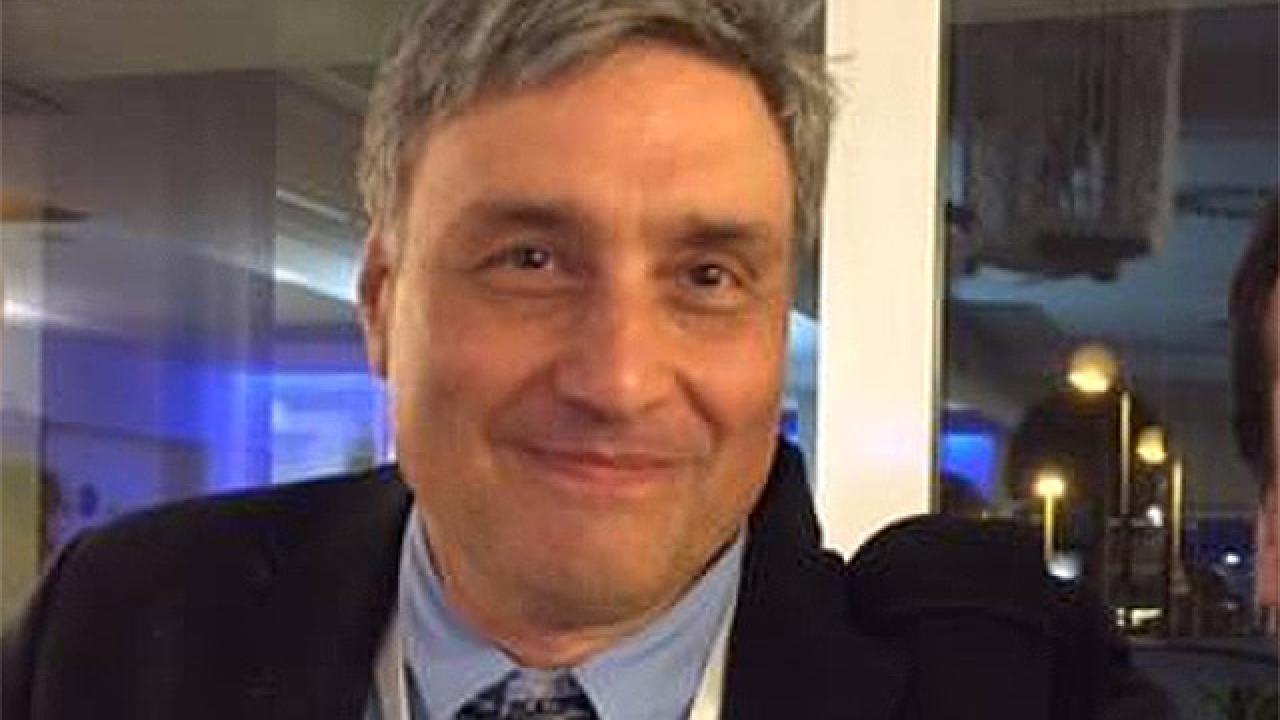
Immunological approaches to HIV cure
Guido Silvestri, doctor, scientist and immunologist, will hold a seminar at the CEINGE Auditorium, entitled "Immunological approaches to HIV cure" . Prof. Silvestri will present a series of recent results on novel immune-based approaches to reverse virus-latency.
Silvestri is Chief of the Division of Microbiology and Immunology at the Yerkes National Primate Research Center. In addition, he is a Georgia Research Alliance Eminent Scholar in Comparative Pathology as well as Professor and Vice-Chair for Research in the Department of Pathology and Laboratory Medicine at the Emory University School of Medicine.
Since 1993, Dr. Silvestri has been involved in studies of AIDS pathogenesis, prevention and therapy, mostly using nonhuman primate models of SIV and SHIV infection, with particular focus on comparative studies of pathogenic and non-pathogenic primate lentiviral infections. Dr. Silvestri is currently the principal investigator of several NIH grants, including an R37 MERIT award, is involved in the Consortium for AIDS Vaccine Studies in nonhuman primates, the Collaboratorium for AIDS Research on Eradication and the Center for HIV/AIDS Vaccine Immunology and Immunogen Discovery (CHAVI-ID), and has received funding from the Bill & Melinda Gates Foundation and the Foundation for AIDS Research (amfAR). He has authored or co-authored 233 peer-reviewed publications in this field, including some in the highest impact journals (Cell, Science, Nature, Nature Medicine, etc.). His work has been quoted more than 19,000 times and has been presented in plenary sessions at all the major HIV/AIDS conferences, such as the Conference on Retroviruses and Opportunities (CROI), the International AIDS Society and Keystone Symposia as well as invited seminars in 27 countries.
Dr. Silvestri is an Editor of the Journal of Virology, an Associate Editor of PLoS Pathogens and a past Editor of the Journal of Immunology. He has served as Chairman or Standing Member in several study sections at the National Institutes of Health (NIH), Canadian Institutes of Health Research, France’s National Agency for AIDS Research (ANRS), amfAR and the European Commission. He is a member of the Scientific Committee of CROI and the International AIDS Society Scientific Working Group on HIV Cure. He was a Co-Chair of the 6th International AIDS Conference in Rome (July 2011) and the 9th International AIDS Conference in Paris (July 2017).
In 2015, the Yerkes Research Center established a translational research program called ERASE AIDS (Emory Research Alliance to Stop/Eradicate AIDS). This new program builds on the existing expertise and scientific resources on the Emory campus to conduct transformative studies aimed at finding a cure for HIV infection. The program is based at Yerkes and has been established as a collaboration among Yerkes, Emory University School of Medicine, Emory Center for AIDS Research (CFAR) and Emory's Office of the Provost. Dr. Silvestri directs ERASE AIDS, and a number of highly recognized scientists collaborate on this new program. The collaborators include: Dr. Raymond Schinazi, the inventor of some of the most widely used anti-HIV drugs; Dr. R. Paul Johnson, Yerkes Director; Dr. Rama Rao Amara; Dr. Ann Chahroudi; Dr. Eric Hunter; and Dr. Mirko Paiardini. ERASE AIDS scientists are the recipients of more than 10 individual and multi-center research grants from funders including the NIH, Bill & Melinda Gates Foundation and amfAR. The scientific expertise of the Emory team working to cure HIV infection represents one of the most productive and creative scientific communities in this highly competitive field of research.
The appointment is at 4.00 pm. Host prof. Roberto Di Lauro, scientific director at CEINGE.
ABSTRACT: Immunological approaches to HIV cure
While antiretroviral therapy (ART) has significantly reduced the morbidity and mortality associated with HIV infection, there is still no available treatment that can cure the infection. As such, people living with HIV (PLWH) are forced to take ART for the rest of their lives and health care services have to deal with major financial and logistical burdens due to HIV infection. The main obstacle to HIV cure is the presence of a reservoir of latently infected CD4+ T lymphocytes that persists indefinitely in the body after active virus replication has been fully suppressed by ART. In this presentation I will (i) discuss the key mechanisms that promote the establishment and maintenance of the reservoir of latently infected cells, and (ii) present a series of recent results on novel immune-based approaches to reverse virus-latency and reduce the reservoir that have been successfully tested in SIV-infected macaques and HIV-infected humanized mice.
